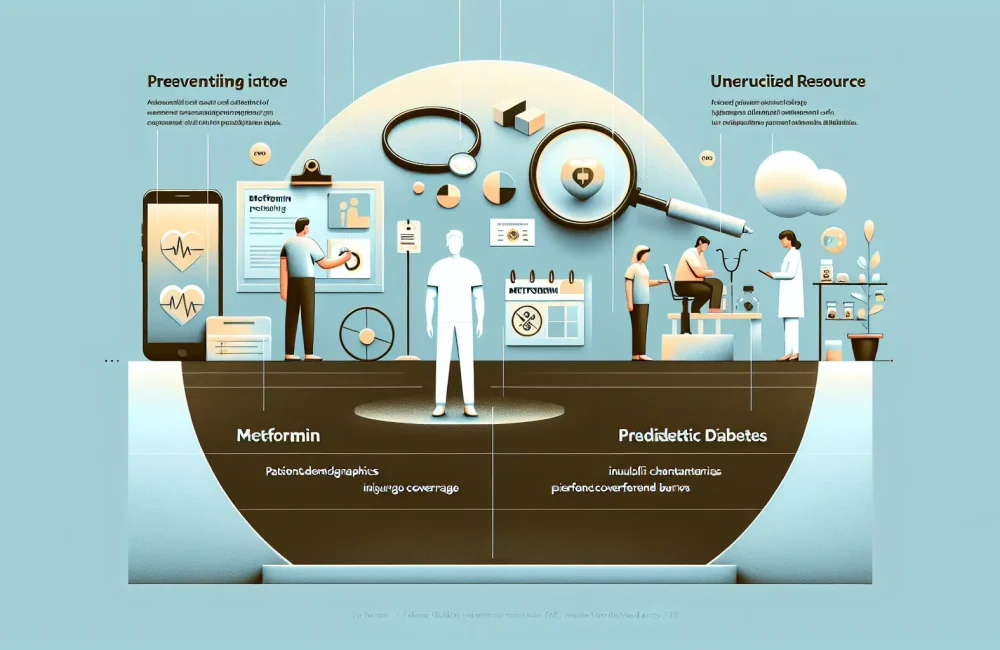By CAFMI AI From New England Journal of Medicine
Study Overview and Design
Chronic kidney disease (CKD) poses a significant challenge to public health worldwide, characterized by progressive loss of kidney function and elevated risks for cardiovascular complications and mortality. Given the global burden of CKD, effective interventions that slow kidney deterioration and improve patient outcomes are urgently needed. Empagliflozin, a sodium-glucose cotransporter 2 (SGLT2) inhibitor originally developed to manage blood glucose in type 2 diabetes, has attracted considerable interest for its potential renal and cardiovascular protective benefits beyond glucose control. Previous studies have demonstrated that empagliflozin can confer kidney protection and reduce cardiovascular risks in patients with type 2 diabetes complicated by CKD. However, until recently, data on empagliflozin’s effects in CKD patients without diabetes have been limited. This gap underscored the need for a rigorous, large-scale clinical trial to assess the long-term impact of empagliflozin across a broad CKD population regardless of diabetic status.
To address this need, a multicenter, randomized, placebo-controlled, double-blind trial was conducted enrolling adult patients with established CKD. The study population included individuals with an estimated glomerular filtration rate (eGFR) between 20 and 45 ml/min/1.73 m2, or those with higher eGFR between 45 and 90 ml/min/1.73 m2 who had albuminuria, an indicator of kidney damage. Patients were randomized to receive either empagliflozin 10 mg once daily or placebo and were followed for a median duration of approximately 3.2 years. The trial’s primary composite endpoint was rigorous and clinically meaningful, encompassing kidney failure, a sustained decline of at least 40% in eGFR from baseline, or death attributable to renal or cardiovascular causes. Secondary endpoints included cardiovascular death or hospitalization for heart failure and all-cause mortality, reflecting the interconnected nature of kidney and heart health in CKD. This comprehensive design ensured that the study could robustly evaluate empagliflozin’s impact on both kidney and cardiovascular outcomes in a clinically relevant CKD cohort.
Key Clinical Findings and Implications
The trial enrolled a total of 4400 adults with chronic kidney disease, providing a large and representative sample reflective of real-world clinical populations with varying degrees of kidney impairment and diabetes prevalence. The results were striking and clinically significant. Empagliflozin administration led to a 27% relative reduction in the risk of the primary composite outcome of kidney failure, sustained eGFR decline, or death from renal or cardiovascular causes compared with placebo. This protective effect on kidney function was sustained over the median follow-up period of 3.2 years, underscoring the durability of empagliflozin’s benefits.
Importantly, the study demonstrated consistent benefits whether or not patients had diabetes. This finding broadens empagliflozin’s therapeutic relevance, positioning it as a critical treatment option for CKD patients irrespective of diabetic status. Moreover, empagliflozin significantly reduced the risk of cardiovascular death or hospitalization for heart failure, a key consideration given the high cardiovascular morbidity and mortality in CKD populations. All-cause mortality was also reduced in the empagliflozin group, further affirming its role in improving overall patient survival.
From a clinical perspective, these findings support empagliflozin as an essential component of CKD management protocols, complementing existing therapies aimed at controlling blood pressure, reducing proteinuria, and managing cardiovascular risk factors. Its use could alter the natural progression of CKD and mitigate complications leading to dialysis or kidney transplantation. Clinicians should consider empagliflozin not only for diabetic CKD patients but also for those without diabetes who remain at high risk for adverse kidney and cardiovascular events.
Safety Profile and Practice Considerations
Empagliflozin was generally well tolerated over the extended follow-up period, and its safety profile was consistent with previous studies. While there was an increased incidence of genital infections among patients receiving empagliflozin, these events were mostly mild to moderate and manageable with standard treatments. Importantly, serious adverse events were actually lower in the empagliflozin group compared to placebo, suggesting that the overall treatment benefits outweigh the risks.
For clinicians, the implications are clear: empagliflozin offers a robust option for reducing the progression of CKD and its associated cardiovascular risks, with a manageable safety profile. Monitoring protocols should include vigilance for signs of genital infections and appropriate patient counseling on hygiene and symptom recognition. Regular follow-up should also focus on kidney function tests and cardiovascular status to optimize therapy and adjust treatment plans as needed.
In terms of broader clinical practice, integrating empagliflozin into CKD management aligns with emerging guideline recommendations emphasizing kidney protection and cardiovascular risk reduction as dual priorities. Patient education about the benefits and potential side effects is essential to promote adherence. Additionally, this trial’s findings may encourage healthcare systems and providers to adopt more proactive screening for CKD patients who could benefit from SGLT2 inhibition, thereby enhancing outcomes and reducing the need for dialysis or kidney transplantation. Ultimately, empagliflozin represents a paradigm shift in CKD care, offering hope for improved long-term outcomes through targeted pharmacotherapy.
Read The Original Publication Here






